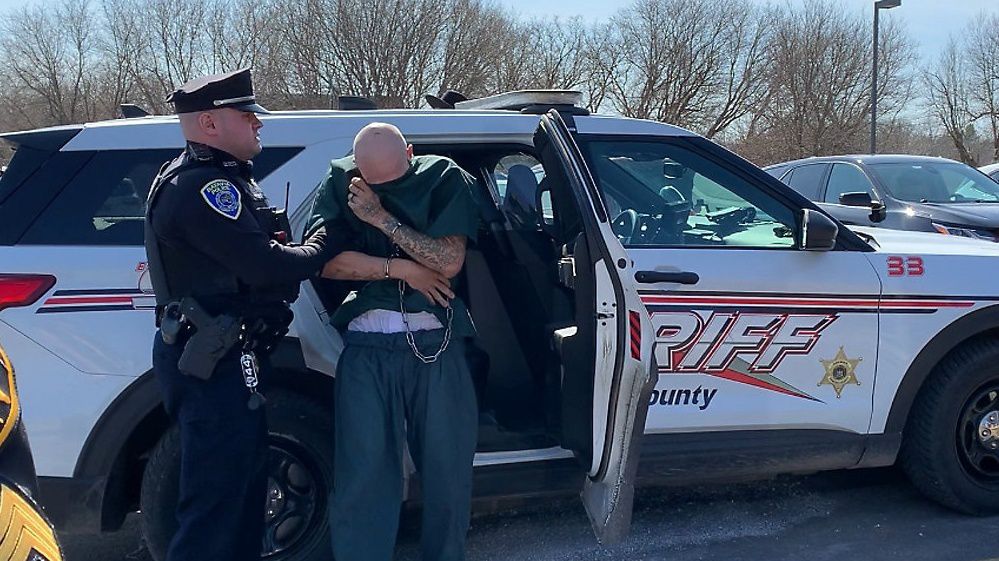ROCHESTER, N.Y. — The family of Robert Brooks, the incarcerated man who died following a beating at the hands of New York correction officers, is reacting to the first guilty plea in the case.
“I think that all things considered, we’re holding up pretty well,” said Robert Brooks' father, Robert Ricks.
One day after a correction officer pleaded guilty to first-degree manslaughter in the death of Brooks, his father is reacting.
“I was surprised. I was surprised at the plea deal,” said Ricks.
Christopher Walrath, one of the six officers facing the highest charge of second-degree murder in the case, pleaded guilty in Oneida County Court to a count of first-degree manslaughter before Judge Robert Bauer on Monday. He and other officers charged had been granted extensions to decide on plea offers last week. Walrath will be sentenced Aug. 4. He faces up to 15 years in state prison.
The remaining nine officers charged in connection with this case have also been offered plea deals. They are due back in court with decisions on those deals as soon as next week.
Ricks says he doesn’t think plea deals should be offered to the correction officers involved in the brutal beating of his son at Marcy Correctional Facility on Dec. 9. He died the next day at a hospital in Utica.
“Do I think it was fair? No, because I believe that had it been me or somebody that looked like me, that they would have gotten 25 years to life," he said.
The CO bodycam video shows officers beating Brooks, who was on a medical examination table with his hands cuffed.
“The videotape was the witness, you know? So when you can sit and watch somebody murder somebody else or contribute to murdering of somebody else for them to get 15 years, I think that it's unfair," said Ricks.
He blames the system and racism, “I think that that was a decision that was made because of their title that they held and the color of their skin. So, justice really isn’t blind.”
Now Brooks' father works to make sure his son did not die in vain.
Ricks supports three key pieces of legislation he hopes will prevent incidents like this from happening again:
- The Second Look Act, which would allow incarcerated people to petition for resentencing.
- The Earned Time Act, which would allow the incarcerated to earn good and merit time and prepare for reintegration.
- The Marvin Mayfield Act, which would eliminate mandatory minimum sentences and plea deal restrictions.
“Now I want to see what we can do to see, to assure that other people that are incarcerated come home and not in a body bag and aren’t broken up and aren’t beaten up and all emotionally just tore up," Ricks said. "So that is, a lot of my fight and a lot of my struggle and where my goals and aspirations lie at this point."
Versions of those three bills have been bounced around the legislature for the past couple of years. Some critics of the legislation argue the bills don’t focus enough on victims, asserting the sentences of those who are convicted of crimes are contracts and should not be open to renegotiation for doing the bare minimum.
All three bills currently sit in committee.









